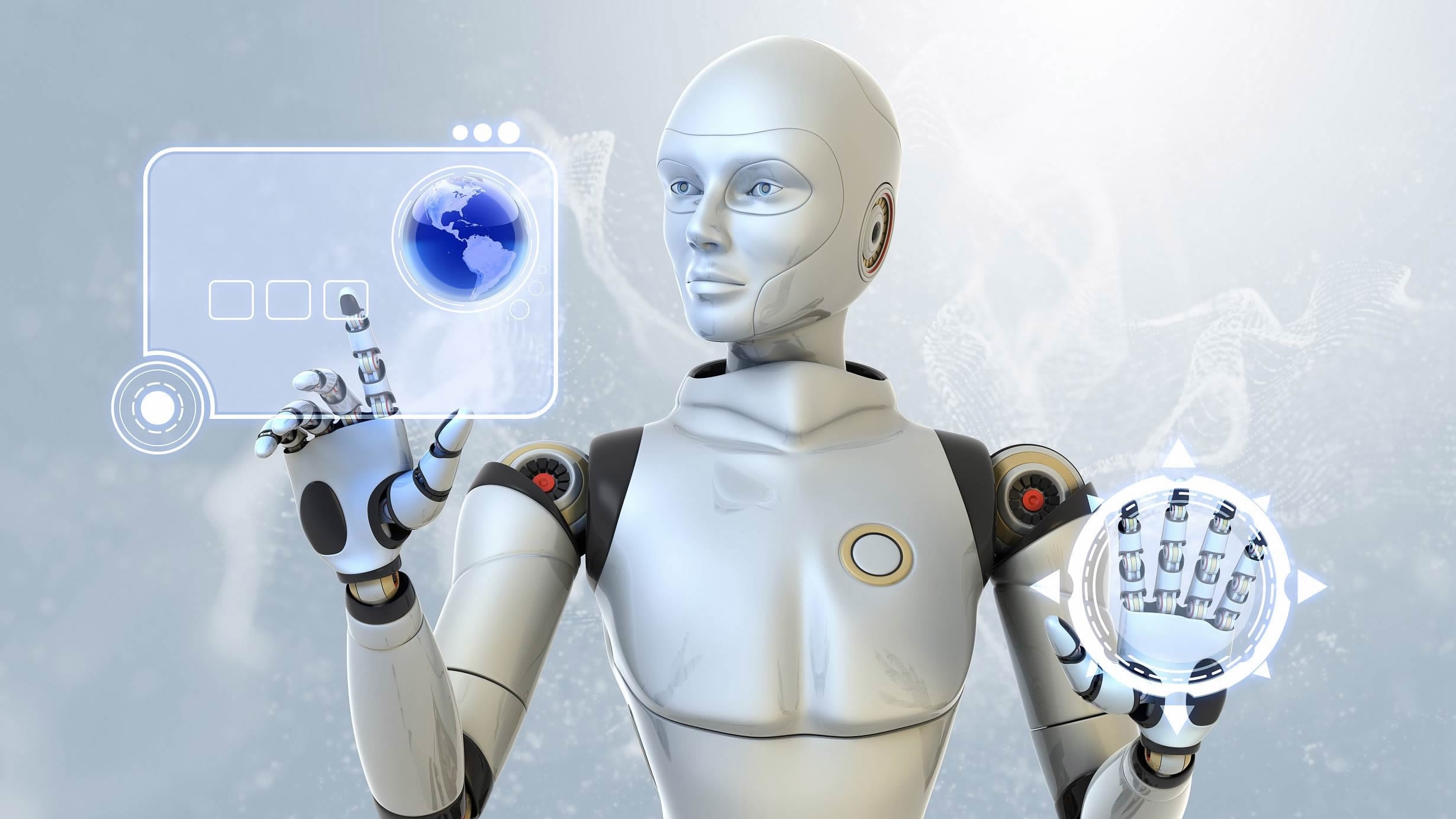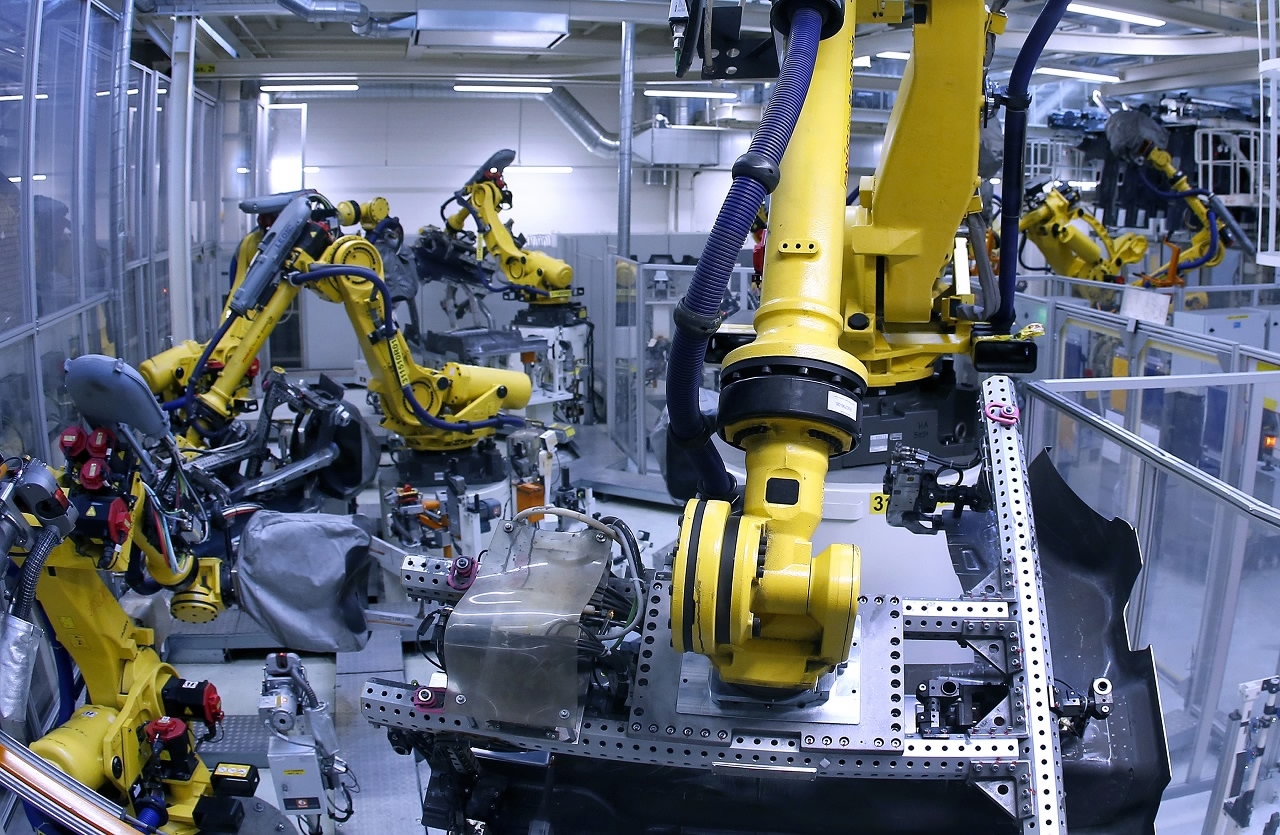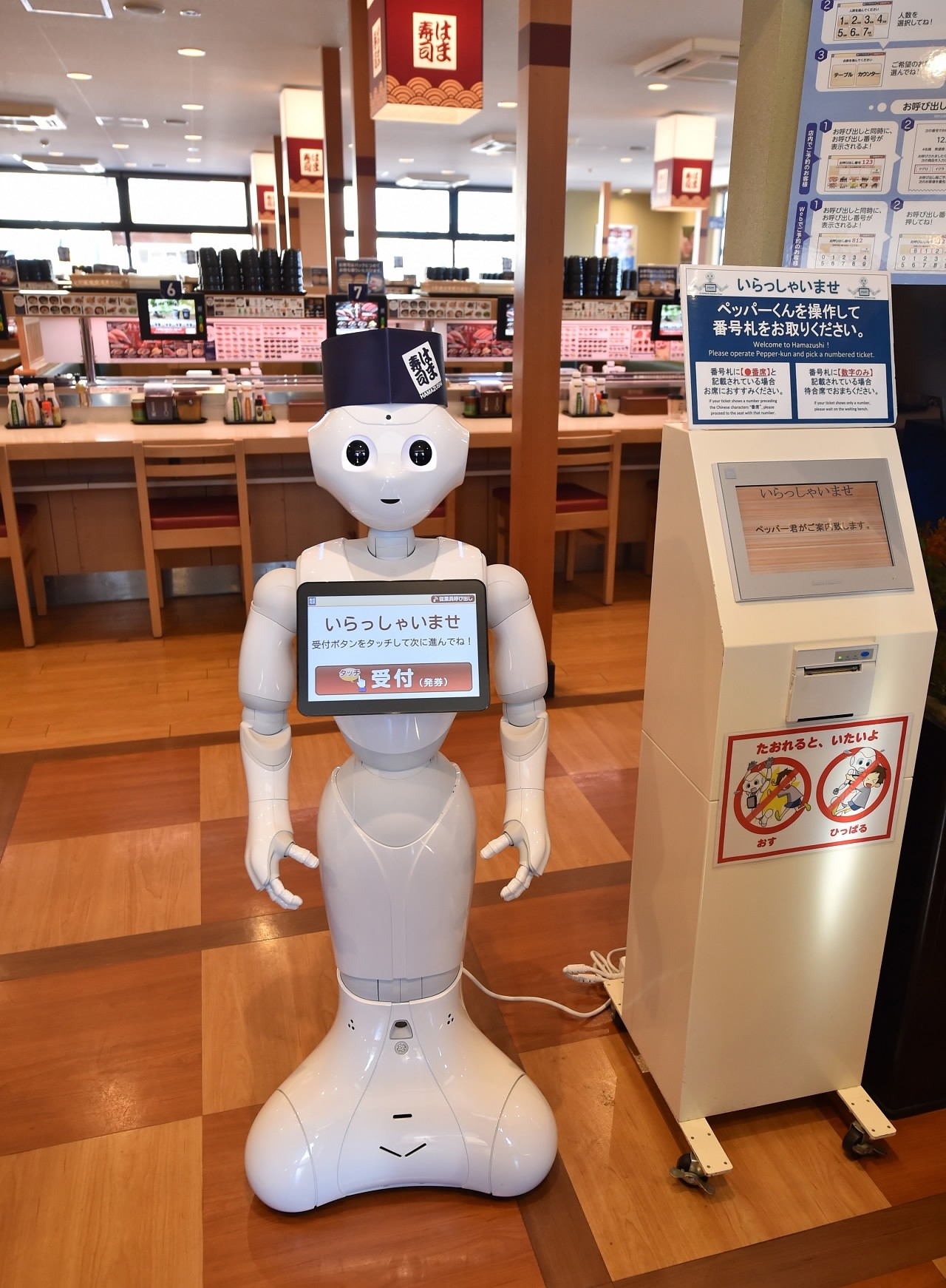
AI
14:28, 10-Sep-2017
Expert: AI cannot replace humans at macro level

Artificial intelligence (AI) cannot replace humans at the macro level which requires a more diverse combination of multiple disciplines and social knowledge, Liang Jianzhang, co-founder and executive chairman of Ctrip.com said during a speech at the Greater China Forum organized by the University of Chicago Booth School of Business.
The AI industry is viewed as a new major economic growth engine, especially after China’s State Council unveiled its AI development plan in July, outlining China's target of becoming a major center for AI innovation and leading the world in AI technology and applications by 2030.

China aims to build leading AI industry by 2030. /AFP Photo
China aims to build leading AI industry by 2030. /AFP Photo
“Whether AI can innovate is a very important topic,” said Liang, “because the answer to this question has a huge impact on many subjects, such as education, economy, politics, and even the goal of our future development.”
In Liang’s view, the essence of innovation is a useful and original combination of existing knowledge.
He divided innovation into two categories: macro innovation and micro innovation.
“Macro innovation is based on micro innovation and requires cross-discipline knowledge. Macro innovation is the part that machine cannot replace human,” said Liang.
Liang further explained his view by dissecting innovation into four sequential tasks, with Edison’s example of inventing the light bulb.
“The first task of innovation is raising questions. In the case of light bulb invention, our question is what device and material can produce light.
"In the second step, define the solution space and evaluate the function," said Liang.
"We need to define all the possible combinations of the solution – all the possible materials that can be lighted up, and evaluate which one can produce more light with minimum cost.
"Then in the third step, try the solutions that are more likely to succeed.
"In the fourth step, conduct tests to verify the solution really works in different conditions,” said Liang.
According to him, for the last two tasks at micro levels, using AI technology, big data, and automatic operation can greatly improve innovation productivity.
But for the first two tasks at the macro level, innovation requires human to define the questions, come out the solutions, and address people’s needs.
Although AI can increase innovation productivity at the micro level, human input is indispensable.
Furthermore, in response to unemployment worries, Liang said, he believes that in the near future, robots will still more than likely do the information processing work, and will not replace humans in the service industry.

Experts feel confident about robots' ability to do routine jobs, such as service jobs. /AFP Photo
Experts feel confident about robots' ability to do routine jobs, such as service jobs. /AFP Photo
But in the very long run, maybe 50 years or more, he is confident about robots’ ability to do all the routine jobs including the service jobs.
There will be a group of “useless” people in the society who do not need to do any work in the future because of AI’s development, echoed Gan Jianping, managing partner of Qiming Venture.
“By then, innovation will be the only growing sector. And because there is no limitation of people’s expectation towards health, travel, and entertainment industries, the demand of innovation is infinite,” said Liang.
On barriers to innovative collaboration, Liang told Xinhua that the cooperation between universities and enterprises is of great importance. As more and more professors and Ph.D. candidates start their own companies, and venture capital companies are very keen to invest in them, he is not very concerned about the barriers.
Source(s): Xinhua News Agency

SITEMAP
Copyright © 2018 CGTN. Beijing ICP prepared NO.16065310-3
Copyright © 2018 CGTN. Beijing ICP prepared NO.16065310-3